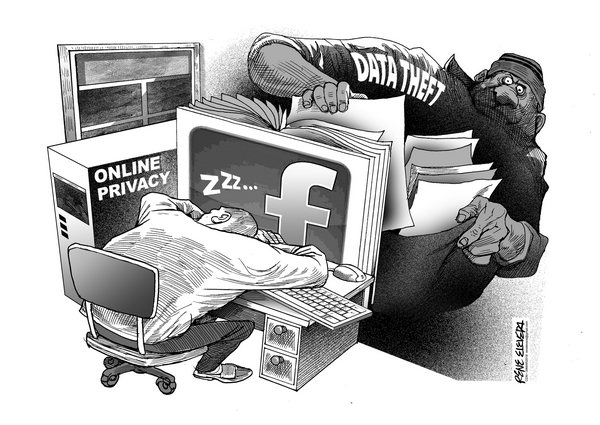
The uproar as most of us know by now stemmed from the use of said harvested personal data for what would turn out to be a successful 2016 presidential run of then a businessman and now US President Donald Trump.
A British firm named Cambridge Analytica Inc., developed a personality prediction app that enabled them to harvest the personal information of US voters that would be instrumental in creating a database through which Trump’s team can adjust their campaign accordingly.
The company is now under investigation for its alleged links to suspected Russian interference in the 2016 US elections. And despite banning Cambridge Analytica ads in its pages, Facebook’s reputation sustained a public beating for its failure to protect its members’ personal information.
We don’t know if the methodology of the campaign teams that worked for the candidates in the 2016 elections including eventual winner President Rodrigo Duterte are as sophisticated as those employed by Trump and his rival, Democratic presidential candidate Hillary Rodham Clinton.
What we do know is that it didn’t take much to convince the Filipino people to vote for a particular candidate or believe in a certain report especially if they get worked up on an emotional level which sadly isn’t that difficult to do if we base it on the pervasiveness of fake news in Facebook and other social media.
It is the Filipino people’s sense of sentimentality and proficiency in using social media that is being used by social media savvy propagandists to manipulate their perception on issues concerning them such as the elections, the war on drugs and criticism of the Duterte administration.
Despite the presence of traditional media such as print, TV and radio it is clear that it is in social media where the war for the hearts and minds of the Filipino people is at its fiercest.
In the local political scene, officials and their political rivals engage in heated exchanges through Facebook and even manage to insert some propaganda to advance their agenda.
Zuckerberg pledged to institute tougher measures to protect user privacy though it remains to be seen if his company can weather the storm of controversy it now faces and they can own up to their responsibility to protect their members.
This demand for user privacy should be echoed by Filipino netizens coupled with increased social media literacy to protect them from those who seek to use their personal data against them.
Disclaimer: The comments uploaded on this site do not necessarily represent or reflect the views of management and owner of Cebudailynews. We reserve the right to exclude comments that we deem to be inconsistent with our editorial standards.
